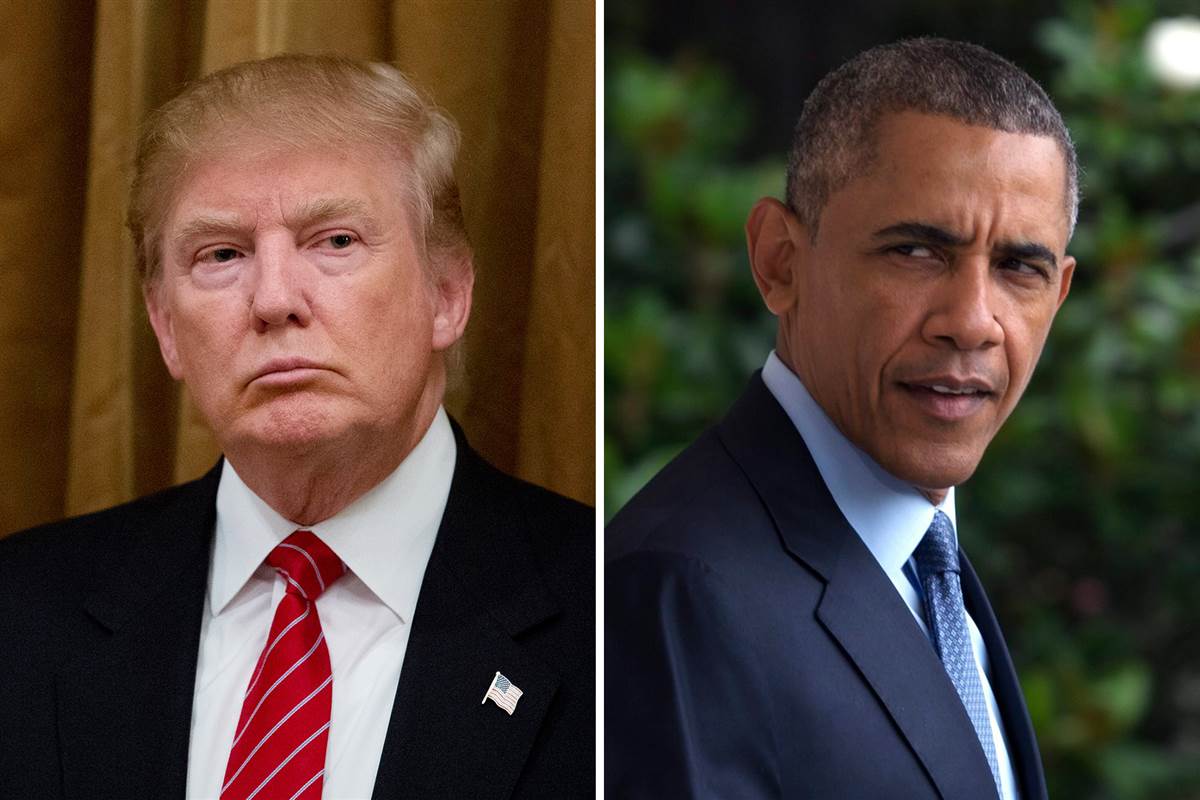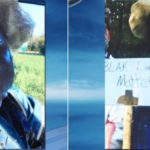In the days since Donald Trump was elected the next President of the United States, one recurring accusation has come up: those who cast a ballot for the Republican are racist. This has come overwhelmingly from progressives who supported Barack Obama and Hillary Clinton.
Admittedly, it is extremely troubling how much Trump, just like Republican candidates of the past, has used dog-whistles to appeal to some of the ugliest sects of populism. He spoke of “law and order,” just as George Wallace and Richard Nixon did in the 1960s to oppose integration and civil rights. He stated a judge presiding over a Trump University case could not be impartial because his parents were Mexican-born. Trump also made numerous statements about immigrants and Muslims which, though technically moreso xenophobia than racism, still tap into that same sentiment.
It is quite possible that a large number of the people who cast ballots for Trump hold some prejudices against people of different skin colors and ethnicities. It is more likely, however, that Trump’s somewhat ignorant remarks didn’t even factor into their calculus on Election Day. Instead, they were more worried about who would bring “change” to an inherently broken system.
Moreover, Democrats and progressives have very little room to stand on, both with Clinton and Obama. This is beyond referencing the (very tired and weak) argument by conservative mediaites that past Democrats supported slavery and Jim Crow, which was well before the modern iterations of the political parties. This also goes without mentioning the absurd argument that Trump’s inclusion of black Americans in his Cabinet makes him somehow not racist, or similarly that inclusion of individuals in the GOP like Tim Scott makes the party not racist.
Clinton has infamously donned a stereotypically black accent when in front of black audiences. She said on a black radio station that she always has hot sauce in her purse. Meanwhile, she had no problem in the 1990s fighting the War on Drugs and calling black youths “superpredators.”
What, then, about Obama? Certainly, most Democrats ardently supported the President and voted for him twice, allowing him to become the face of the Democratic Party. While he was campaigning, prominent Democrats like Harry Reid made racist remarks like that Obama was doing well because he was “light-skinned” and did not use a “negro dialect.” Vice President Biden stated that Obama was “the first mainstream African-American who is articulate and bright and clean and a nice-looking guy.”
Now, progressives like Biden and Michael Moore are surprisingly going on the defensive for Trump voters, stating that the fact that some of the Trump voters first voted for Obama proves that they are not racist. Conservatives have eaten this up, of course, but it is also far from the truth. Cognitive dissonance allows those who harbor ill-will toward certain races to discount that when they find someone of that race whom they like.
Simply put, racism is displayed in an enormous amount of ways. Indeed, there are the Southern Trump voters with the Confederate flags who profusely use the “n-word” and are against race-mixing, while suggesting that “Barack Hussein Obama,” the “food-stamp President” was born in Kenya. That is an example which most Americans imagine when hearing the term “racist.”
However, there is a large spectrum of racism which also includes those progressives in major urban cities who went to Ivy League institutions and wear fine suits. They supported Obama twice, have numerous black friends, and perhaps are even involved in multiracial relationships. However, none of this seemingly inclusive behavior absolves one of racism on its own. This would explain the way in which some progressives act toward people like Clarence Thomas and Ben Carson.
Take for example, the fact that after Antonin Scalia died, Thomas’s name was quickly trending on Twitter. Most tweets included messages, some subtle and some not so subtle. While blatant racism included worlds like “Uncle Tom” and “house n*gger” with pictures of Samuel L. Jackson‘s character from Django Unchained, others offered racially-veiled critiques stating that Thomas would no longer know how to rule without being “led” by Scalia. In short, this points out that only each individual can know deep in his or her heart what they truly feel. Even those who exhibit none of these symptoms can still hold racial prejudices. No outward projection can change that reality.
Perhaps in large part due to the false cries of social justice warriors in conjunction with conservatives gleefully hurling accusations of “racism” toward minorities, Americans have greatly lost the meaning behind this word. Being not racist means not harboring prejudices or preconceptions toward people because of the color of their skin. People of different backgrounds exhibit this racism in different ways. Simply put, a vote for a political candidate does not absolve someone of, or condemn someone with, the very serious charge of racism.




